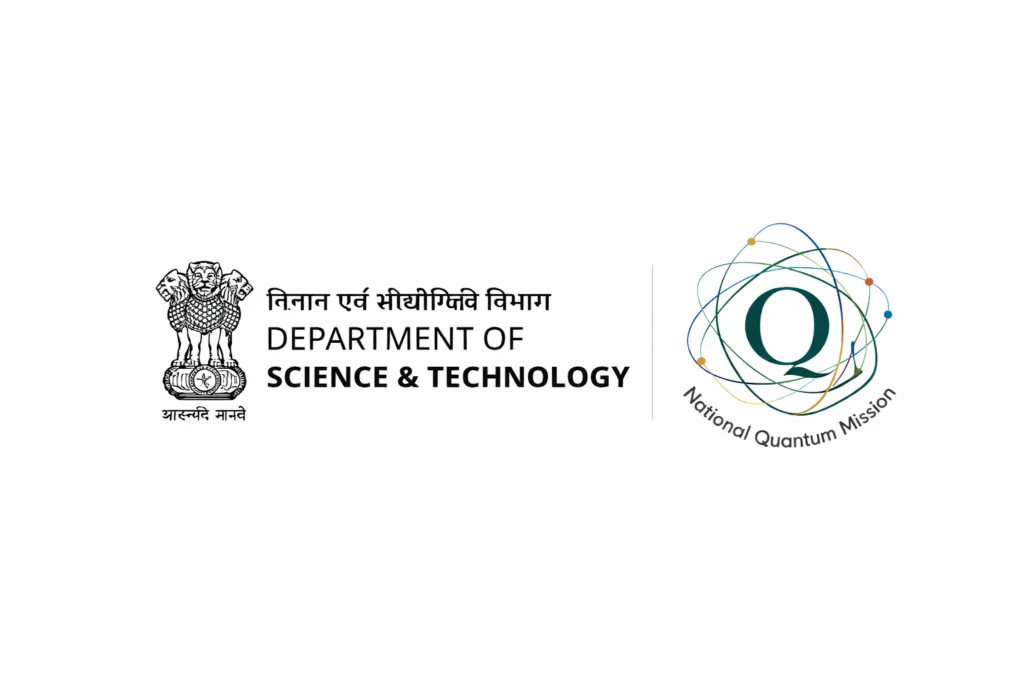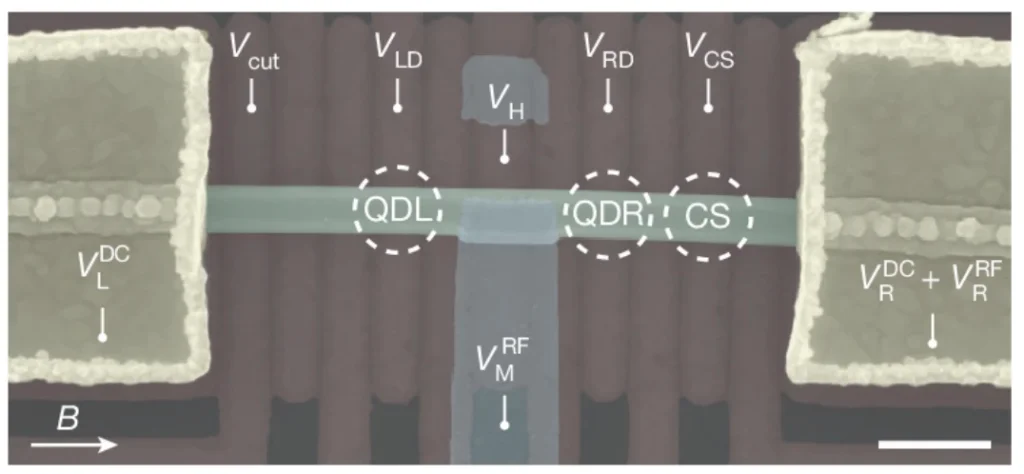Guest Post by Arthur Herman
Senior Fellow at the Hudson Institute
When I learned that former Pay Pal founder David Sacks had been named as Trump’s AI/Crypto czar, a thought occurred to me. Why doesn’t Donald Trump name a quantum czar, as well?
After all, it was President Trump who signed the original National Quantum Initiative in 2018. And in the next two decades quantum technology is going to be as world-changing, and as essential to national and economic security, as AI or crypto can hope to be.

Some might argue we already have the equivalent of a quantum czardom at the White House’s National Quantum Coordination Office-not to mention the team overseeing the Quantum Economic Development Consortium which is supported through the Department of Commerce.
While these bureaucratic efforts have been adequate at finding funding for research and development for future quantum science, they are a long way from raising Americans’ awareness of the possibilities of quantum technology right now—including quantum cryptography—and in moving the needle in terms of a broad-based effort to commercialize the quantum sector.
The fact that significant parts of the original NQI were allowed to expire this September; and its reauthorization has been languishing for months in Congress; is a sure sign fresh leadership is needed.
That new leadership must begin with someone who sees the quantum sector as a series of robust business opportunities, not just a series of extended science projects.
Someone who can bring to America’s quantum quest the same kind of entrepreneurial energy and innovation that Elon Musk and Vivek Ramaswamy will bring to the Department of Government Expenditure or David Sachs to the AI and crypto sectors.
Finally, it must be someone who recognizes that we can’t afford to lose the quantum race with China. As recent articles here at QI have demonstrated, China has a clear grand strategy for dominating the global quantum sector—including building the first “cryptographically relevant quantum computer,” as the experts so quaintly put it.
That computer will be the decisive weapon of the 21st century–what nuclear weapons were for the 20th century. A quantum czar must therefore set his or her sights on a single national goal, i.e. quantum supremacy—which will be as important as AI supremacy or space supremacy, for shaping the future of American national security and freedom around the world.
Do I have any candidates for quantum czar? (by the way, I don’t have any inside information that Trump is considering appointing one, at least not yet). Several come to mind, but three criteria stand out for a successful quantum czar in a Trump administration.
First, it has to be someone who is not a government official or a scientist, but someone who is in the quantum business, with an entrepreneurial founder’s instincts. An effective quantum czar will see opportunities to work with other tech sectors like AI and semiconductor companies, to drive all three technologies to the next level.
Second, it has to be someone who understands quantum computing, of course, and quantum sensing; but is also aware of the vital importance of quantum security and making America quantum-ready and quantum-secure. That means not just adopting PQC’s of the kind NIST has recently approved, but the entire range of entanglement-based and random-based cybersecurity tools, including QKD and QRNG’s operating in tandem with PQC solutions.
The National Security Agency, in particular, has done the nation a disservice by trying to undermine research and interest in these quantum-secure solutions. A quantum czar will need to expand the quantum security discussion to include all forms of quantum technology, not just the PQC’s approved by NIST.
In this regard, and finally, a strong quantum czar will recognize the importance of building strong international relations across the quantum universe, including with the EU and Japan and South Korea, as well as closer to home with Canada and the UK. This doesn’t just mean signing formal MOU’s and diplomatic gestures at “quantum cooperation.” It means bringing together companies and researchers to build the specific tools for a powerful quantum ecosystem, from computers and sensors to communications and cybersecurity—including quantum satellites in space.
This also means creating a common-sense quantum export policy, that will advance quantum cooperation with the other advanced industrial democracies but also stymy China’s efforts to hijack quantum technology for its own push for high-tech global hegemony.
Does such a person exist? I think they do, and there’s more than just one. The Trump administration is bringing about an entire revolution in American government. It’s time a similar revolution sweep over the quantum sector, as well.
ARTHUR HERMAN is Senior Fellow at the Hudson Institute and has been Director of its Quantum Alliance Initiative since 2018.














